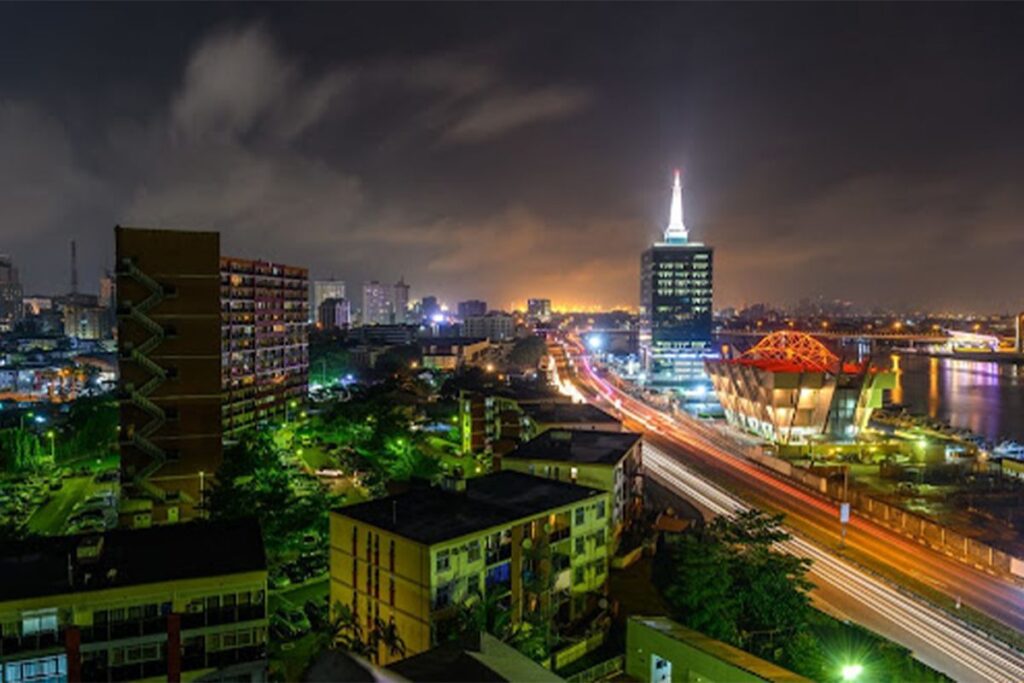Nigeria, Africa’s largest economy, is home to a vibrant real estate market. With its growing population, urbanization, and increasing demand for residential, commercial, and industrial properties, it’s no wonder that many foreigners are interested in buying property in Nigeria as a foreigner.
However, before diving into Nigeria’s real estate scene, there are important legal, financial, and procedural factors that every foreigner needs to understand.
In this comprehensive guide, we’ll walk you through the essential information you need when buying property in Nigeria as a foreigner.
Understanding Property Ownership Laws for Foreigners in Nigeria
First, it’s essential to know that foreigners can own property in Nigeria, but there are restrictions. According to Nigerian law, foreigners are permitted to buy land in urban areas. But the Land Use Act of 1978 states that all land in Nigeria is vested in the state government. The state government holds the land in trust for the people. In practice, this means that foreigners are not allowed to directly own land in rural areas. But they can acquire property in urban areas with a Certificate of Occupancy (C of O).
Additionally, while foreigners can purchase land or property, they cannot own land indefinitely. Land ownership for foreigners is usually granted for up to 99 years. This is under a leasehold arrangement, after which it can be renewed, subject to state approval. Understanding these laws is crucial when buying property in Nigeria as a foreigner.
The Process of Buying Property in Nigeria as a Foreigner

The process of buying property in Nigeria as a foreigner involves key steps that every foreign buyer should note:
- Step 1: Engage a Legal Practitioner
Before making any property purchase, it is highly advisable to hire a Nigerian lawyer who specializes in property law. They will help you understand the legal intricacies and ensure that the transaction is legitimate. The lawyer will also conduct due diligence on the property to confirm its authenticity and ownership. - Step 2: Find the Right Property
Once you’ve settled on a lawyer, the next step is to search for the property you want to buy. Foreigners often rely on reputable real estate agents or property developers to help with this. Make sure the property has proper documentation, including the title deed and certificate of occupancy.
more loading…
- Step 3: Verify the Title Documents
One of the most important aspects of buying property in Nigeria as a foreigner is ensuring that the property has a valid title. Verify that the property has no encumbrances (such as unpaid land fees or legal disputes). You must check the Certificate of Occupancy (C of O), and confirm that the land has no legal issues like conflicting ownership claims. - Step 4: Sign a Sale Agreement
Once you are satisfied with the property’s documentation, the next step is to sign a sale agreement. This legally binding document outlines the terms of the transaction, including payment schedule, ownership transfer conditions, and other important details. This is where your lawyer will be invaluable, ensuring that the agreement complies with Nigerian laws. - Step 5: Transfer of Title and Payment
After the sale agreement is signed, the buyer must pay the agreed amount for the property. Payments are typically made through a bank transfer. Following payment, the final step involves the registration of the property with the local Land Registry, officially transferring the title of the property to the buyer.
Foreign Investment and Taxes
Foreigners investing in Nigerian real estate must also be aware of the financial implications of their purchase. Here are some key taxes and costs involved:
- Stamp Duty: The buyer is required to pay stamp duty on the sale agreement. The rate of stamp duty typically ranges from 0.5% to 1% of the purchase price.
- Capital Gains Tax: If the property is sold at a profit, the seller must pay capital gains tax. This is typically 10% of the profit made from the sale.
- Property Tax: Depending on the state where the property is located, there may be local property taxes imposed on the owner. Make sure to inquire about these fees with the local authorities.
- Other Costs: Budget for legal fees, registration fees, and other incidental expenses when buying property in Nigeria as a foreigner.
The Benefits of Investing in Nigerian Real Estate
Despite the complexities involved, buying property in Nigeria as a foreigner can be an excellent investment. Here’s why:
- High Return on Investment (ROI): Nigeria’s growing population and urbanization mean there is an ever-increasing demand for housing. This leads to potentially high rental yields and property appreciation.
- Diverse Investment Opportunities: From residential apartments to commercial real estate and even farmland, Nigeria offers a wide range of property types, providing ample opportunities for diverse investment portfolios.
- Economic Growth Potential: Nigeria’s economy is one of the largest in Africa, with potential for significant growth. A strong economy can positively impact the real estate sector and provide attractive returns for foreign investors.
Challenges to Be Aware Of
While Nigeria’s real estate market offers promising opportunities, it’s not without its challenges. Foreign investors must be prepared for potential hurdles such as:
- Corruption and Bureaucracy: The process can sometimes be bogged down by red tape, and there may be cases of corruption at various levels of government. Having a reliable local lawyer can help navigate these challenges.
- Property Fraud: Unfortunately, Nigeria’s real estate market has seen its share of property fraud. It’s crucial to conduct due diligence and ensure the property is legitimate before making any payments.
Conclusion
Buying property in Nigeria as a foreigner is possible, but it comes with its own set of legal, financial, and procedural challenges. By understanding the legal framework, engaging professional assistance, and ensuring proper documentation, you can successfully invest in Nigeria’s thriving real estate market.

